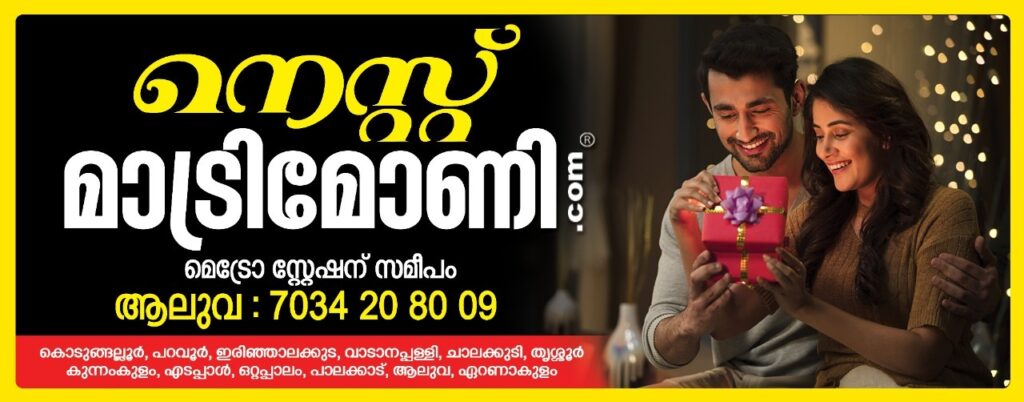Step-by-Step Divorce Procedures in the Muslim Community in India

Marriage is a sacred bond, but in certain situations, separation becomes inevitable. In the Muslim community in India, divorce is permitted under Islamic law, and the process involves specific legal and religious steps. At Nest Matrimony, the best matrimony platform in Kerala, we believe in promoting awareness about both the beginning and the potential end of marital relationships, so individuals can make informed decisions.
https://nestmatrimony.com/campaign
Here is a step-by-step guide to divorce procedures in the Muslim community in India:
1. Understanding the Types of Divorce in Islam
Muslim divorce procedures differ based on gender and intent. The main types include:
- Talaq – Initiated by the husband.
- Khula – Initiated by the wife, with the husband's consent.
- Mubarat – Mutual consent divorce.
- Faskh – Judicial annulment through court.
https://nestmatrimony.com/campaign
Each type has its own process and legal implications under Muslim Personal Law and the Dissolution of Muslim Marriages Act, 1939.
2. Step-by-Step Talaq Procedure (By Husband)
Step 1: Pronouncement of Talaq
The husband pronounces "Talaq" either once (revocable) or thrice (irrevocable), in the presence of witnesses or in written form.
https://nestmatrimony.com/campaign
Step 2: Observing Iddat Period
The wife must observe a waiting period (Iddat) of approximately three menstrual cycles (or three months), during which reconciliation is possible. No physical relationship should occur during this time.
https://nestmatrimony.com/campaign
Step 3: Reconciliation Efforts
Family elders or mediators from both sides can attempt to reconcile the marriage during Iddat. If reconciliation occurs, the divorce is revoked.
https://nestmatrimony.com/campaign
Step 4: Finalization of Divorce
If no reconciliation happens during Iddat, the divorce becomes final.
3. Step-by-Step Khula Procedure (By Wife)
Step 1: Request for Divorce
The wife requests a divorce, offering to return her mahr (dower) or other gifts received from the husband.
https://nestmatrimony.com/campaign
Step 2: Husband’s Consent
If the husband consents, the divorce is granted mutually as Khula.
Step 3: Court Intervention (if no consent)
If the husband refuses, the wife may approach the court for Faskh, which is a judicial divorce under valid grounds such as cruelty, desertion, or failure to provide maintenance.
https://nestmatrimony.com/campaign
Step 4: Observing Iddat Period
The wife must observe the Iddat period as a mark of respect for the previous marriage and to determine any pregnancy.
4. Mubarat – Mutual Consent Divorce
In this type, both parties agree to end the marriage. The terms are settled mutually, often with family or community leaders involved. Once agreed upon, a written declaration is made and both partners are free to remarry after the Iddat.
5. Legal Registration of Divorce
While personal law governs the religious aspects, couples must also follow Indian legal procedures:
- Document the divorce on legal paper.
- Register the divorce with the appropriate local or family court for legal validation.
- Obtain a certified divorce decree from the court.
https://nestmatrimony.com/campaign
6. Importance of Awareness and Counseling
At Nest Matrimony, we understand that every relationship has challenges. Before deciding on divorce, couples are encouraged to explore counseling and reconciliation services. Our platform promotes healthy relationships and supports the well-being of individuals throughout their marital journey.
Empowering Through Knowledge
Divorce, while difficult, can be a respectful and fair process if handled with understanding and dignity. Nest Matrimony, the best matrimony in Kerala, is not only a platform for finding life partners but also a space for guidance and community support. Whether you are entering marriage or navigating its complexities, we are here to walk with you every step of the way.
https://nestmatrimony.com/campaign
Nest Matrimony – Where Relationships Begin with Trust and Grow with Care.
For more informative guides and support, visit Nest Matrimony.





